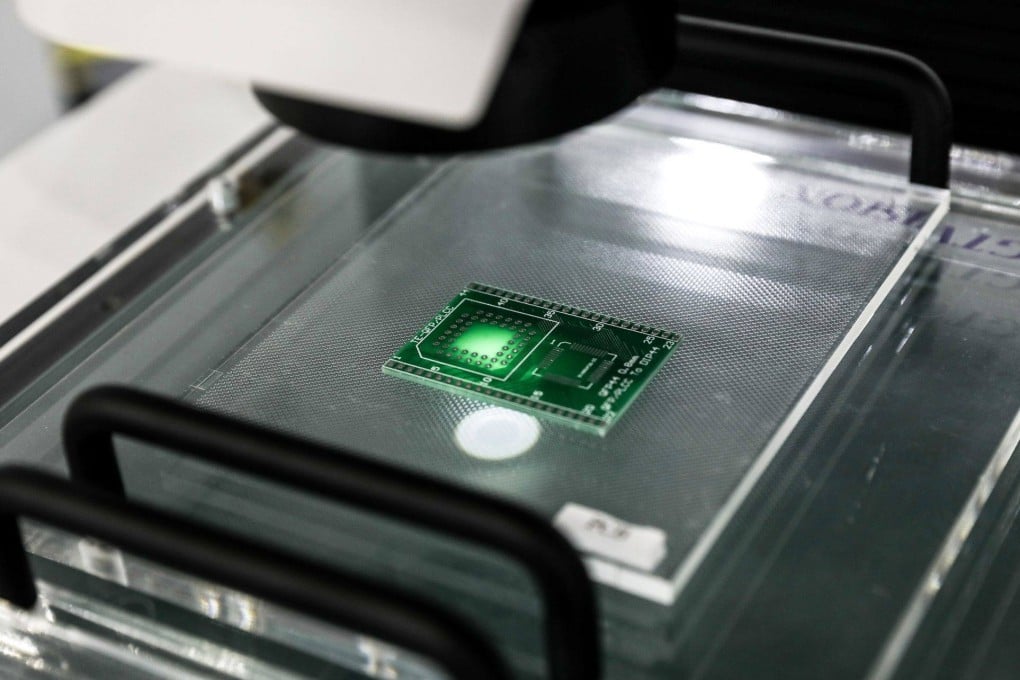My Take | US is asking Taiwan to commit economic hara-kiri
- In pressuring the island ‘voluntarily’ to halt supplies of advanced semiconductors to the mainland, Washington will eliminate Taiwan’s most important market for its fastest engine of growth on which its economy depends

“To be an enemy of America can be dangerous, but to be a friend is fatal.” Taiwan is about to find out how true this remark of Henry Kissinger is. Under the so-called Chip 4 Alliance comprising the United States, Japan, South Korea and Taiwan, the White House has asked the island to cut supplies of its most advanced semiconductors to mainland China.
That’s tantamount to asking Taiwan to commit economic hara-kiri. According to the International Monetary Fund, the island’s economy is expected to grow by 3.3 per cent. This relatively optimistic projection is primarily based on its fastest growth industry – computer chips.
In just over a decade, its semiconductor industry has emerged as an economic growth engine, accounting for 60 per cent of total manufacturing output. The manufacturing sector itself is Taiwan’s biggest growth engine, making up more than 30 per cent of gross domestic product.
But here’s the catch. Its manufacturing growth in general and chip sector growth in particular have greatly depended on the mainland market. If President Tsai Ing-wen makes good on her “democratic chips” promise to cut off supply to the mainland, she will effectively eliminate the biggest market for the most important growth sector of the island.
US President Joe Biden has claimed that such a chip “embargo”, which is really what the Chip 4 Alliance is all about, is necessary to slow down China’s military modernisation and expansions. But let’s admit it actually has no direct impact on the island’s security, unless you want to argue that everything technological has an impact on its security. Taiwan will do Uncle Sam’s bidding not because it is in its own interest to do it, but because of its fatal friendship.

